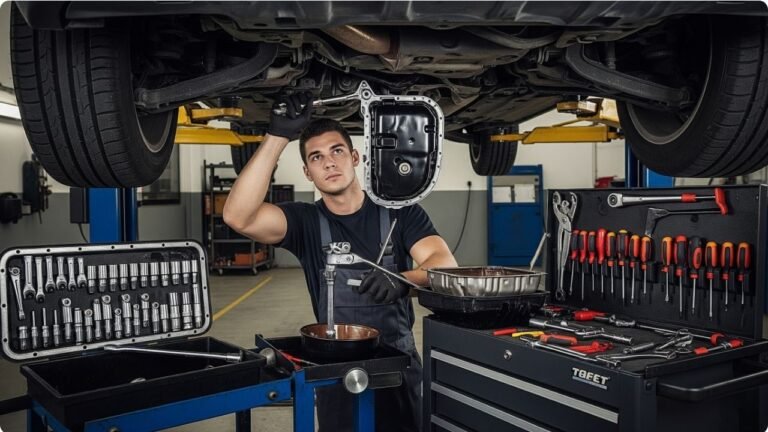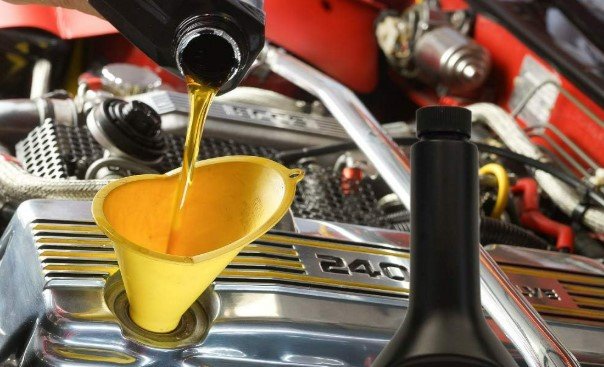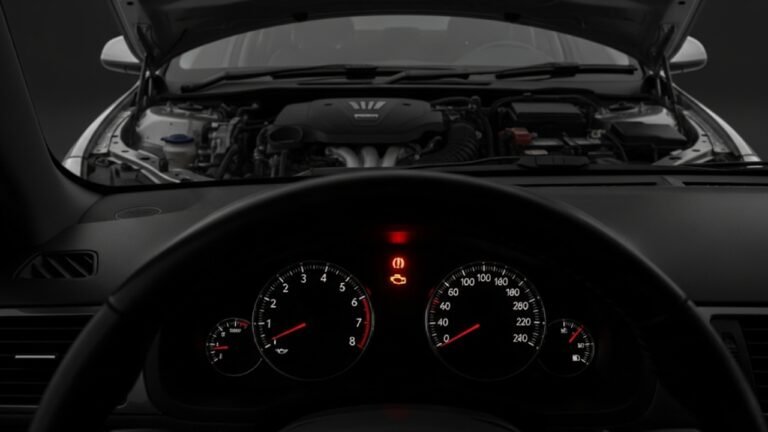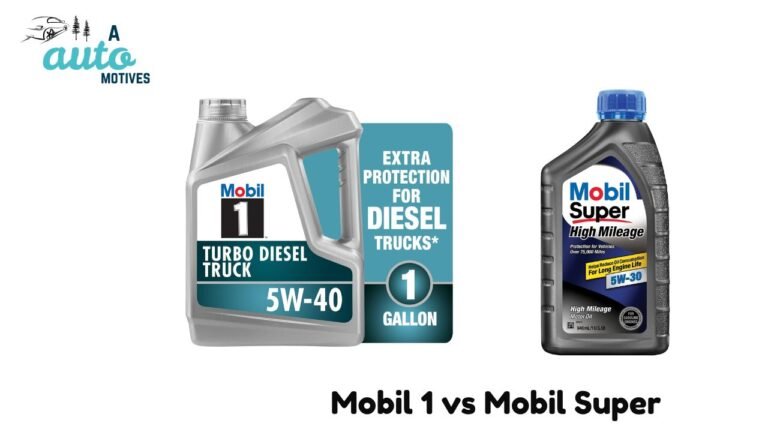Car Leaking Oil on Road Report: What It Means
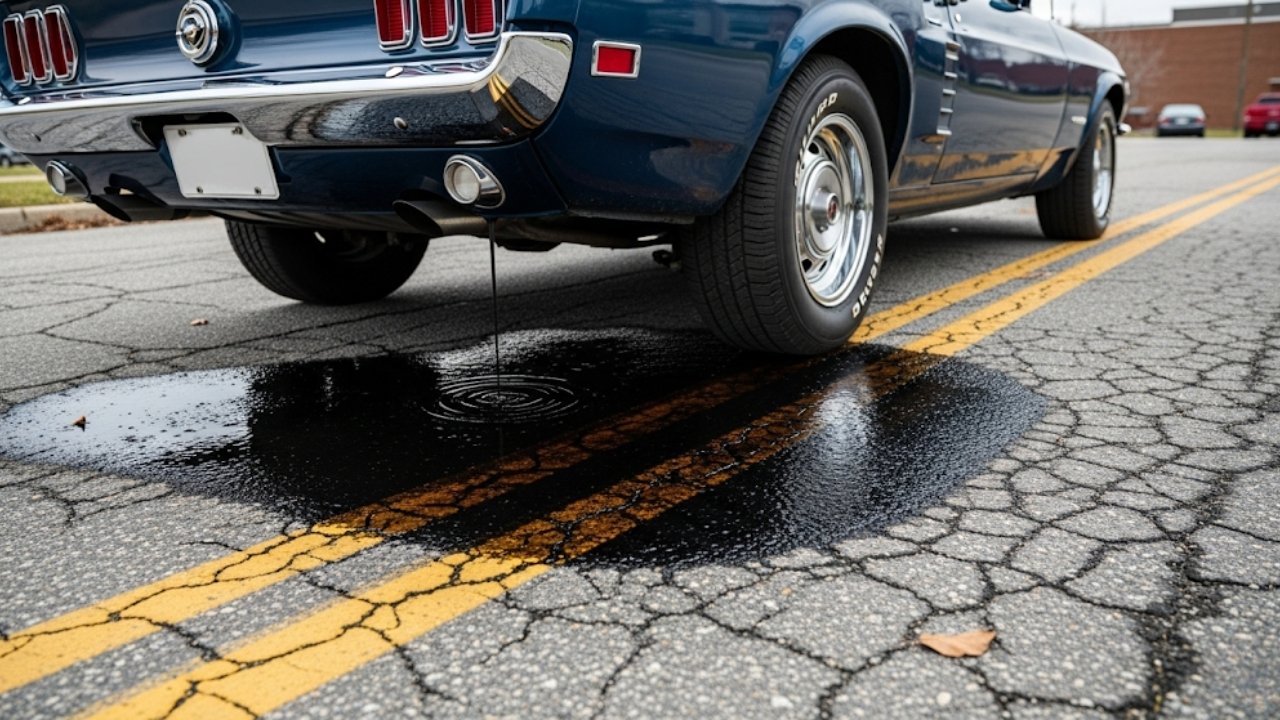
Ever walked to your car and noticed a dark patch underneath it? Or maybe you’ve parked at the grocery store, and someone flagged you down saying, “Hey, your car is leaking oil on the road.” That heart-sinking moment hits hard. You feel like you just got caught red-handed doing something wrong—even though it’s your car that’s the culprit, not you.
Oil leaks aren’t just messy—they’re serious. They harm the environment, make roads slippery, damage your engine, and in some places, you could even get reported or fined. If you’ve ever wondered, “What should I do if I see my car leaking oil on the road?”—this article is your go-to guide.
We’ll talk about causes, signs, dangers, legal issues, and what steps to take. Plus, we’ll go through how to report it and why it’s important. I’ll also share a personal story or two, because yes—I’ve been there too.
1. Recognizing the Signs: Is It Really Oil?
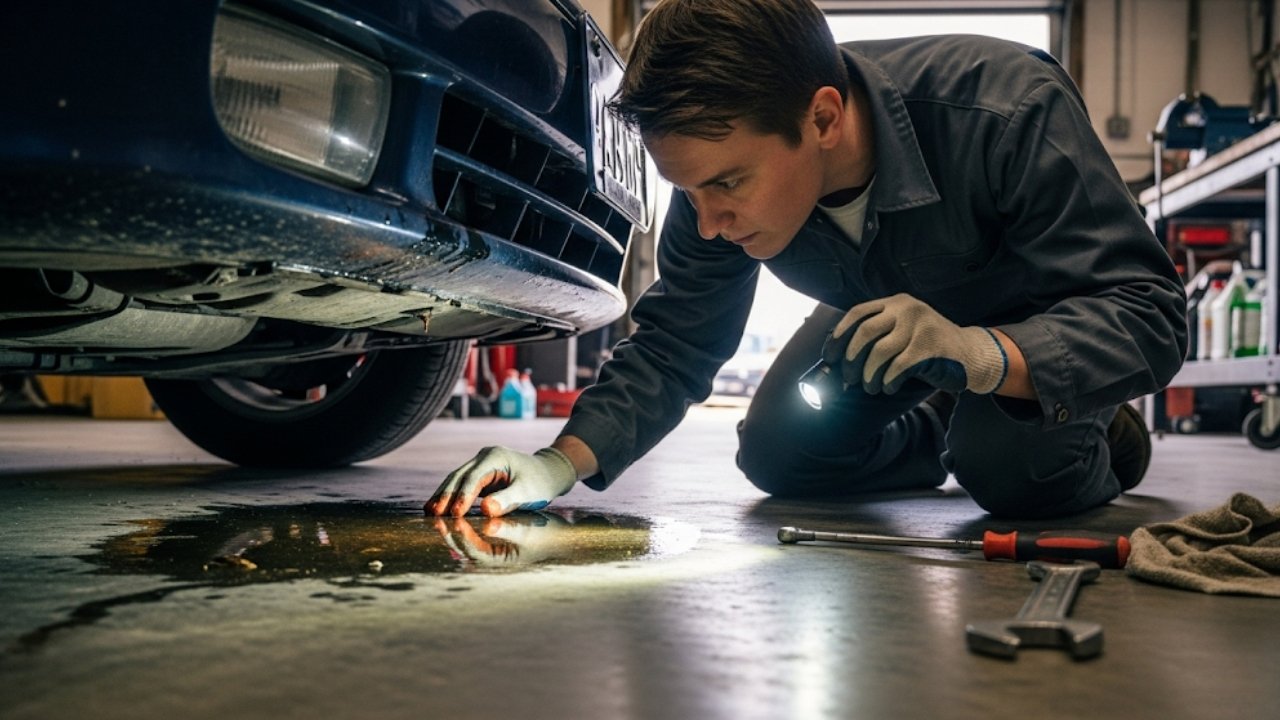
Before jumping to conclusions, let’s understand how to identify an oil leak:
Common signs your car is leaking oil:
-
A dark brown or black puddle under the engine area
-
Burning oil smell, especially after driving
-
Smoke from under the hood
-
Low oil levels on the dipstick
-
Engine overheating or oil pressure warning light
If it’s clear or green, it could be coolant or AC condensation. Red? That’s probably transmission fluid. But if it’s dark and greasy, chances are it’s engine oil.
Trust me, you don’t want to ignore it. One time, I brushed it off, thinking it was just a few drops. Two weeks later, my engine started knocking—and my mechanic hit me with a $1,500 repair bill.
2. Why Is Your Car Leaking Oil on the Road?
This part gets a bit mechanical—but don’t worry, I’ll break it down for you like we’re just chatting.
Your engine holds oil in various seals and gaskets. Over time, these parts wear out. Heat, pressure, and age cause them to crack, shrink, or break. Once that happens, oil finds its way out and drips onto the road.
Common causes of oil leaks:
| Cause | What It Means | Fix Cost (approx.) |
|---|---|---|
| Worn-out oil pan gasket | Seal under the engine pan gets old and cracks | $150–$400 |
| Damaged valve cover gasket | Oil leaks from the top of the engine | $100–$300 |
| Faulty oil filter or plug | Improperly installed or loose after oil change | $10–$50 |
| Cracked engine block | Serious internal damage, often from overheating | $1,000+ |
| Overfilled engine oil | Pressure causes oil to leak from seals | Free (if DIY) |
Pro tip: If you recently had an oil change and noticed leaking, it might just be a loose plug or filter. Always double-check!
3. The Real Dangers of Oil Leaks: It’s More Than Just a Dirty Driveway
You might think, “It’s just a few drops. Why stress?”
But even a small oil leak can snowball into major problems.
Here’s what can go wrong:
-
Engine damage: Low oil levels mean poor lubrication, which causes overheating and part failure.
-
Environmental impact: One quart of oil can contaminate 250,000 gallons of water.
-
Fire hazard: Oil dripping onto a hot exhaust manifold can catch fire.
-
Road safety risks: Oil slicks make roads slippery—especially dangerous for bikers.
-
Fines and penalties: Some states may fine drivers if their car leaks oil on the road and they don’t take action.
Back in college, my roommate’s old Honda Civic used to leak like crazy. We laughed it off until the neighborhood HOA sent a written complaint and threatened to fine him for “oil pollution.” He had to fix the car and clean up the mess.
4. The Legal Side: Can You Get Reported for an Oil Leak?
Yes, and it happens more than you’d think.
In some U.S. cities and states, letting your car leak oil on the road could be considered an environmental violation. If someone reports you—say, a neighbor, or a parking lot attendant—you could be looking at:
-
A notice to repair your vehicle
-
Fines or citations
-
Towing or impound (if the leak is considered hazardous)
Authorities take oil leaks seriously because they lead to groundwater contamination and unsafe road conditions.
If you spot an oil leak from someone else’s car, or even from municipal vehicles, most states allow you to file a simple oil leak report online.
5. How to Report a Car Leaking Oil on the Road
There are two sides to this coin: reporting others—or dealing with being reported yourself.
To report someone else’s car:
-
Take photos or video (if safe and respectful)
-
Note the license plate and location
-
Contact:
-
Local non-emergency police
-
Environmental health department
-
City or county public works
-
-
In many areas, you can file a report anonymously online
Here’s a sample list of platforms:
| State | Oil Leak Report Website |
|---|---|
| California | www.calepa.ca.gov/report-pollution |
| Texas | www.tceq.texas.gov/compliance/enforcement/report |
| New York | www.dec.ny.gov/chemical/6108.html |
| Florida | www.dep.state.fl.us/waste/quick_topics/report.htm |
You may feel guilty reporting a neighbor, but think about it: that oil isn’t just dirty—it’s toxic. If a child or pet slips, or it pollutes the local storm drain, the impact is huge.
6. What to Do If YOUR Car Is Leaking Oil
Let’s flip the script. You’ve realized your car is leaking oil on the road—what now?
Step-by-step guide:
-
Don’t ignore it – It won’t fix itself.
-
Check your oil level – Top it up if it’s low to avoid engine damage.
-
Use a drip pan – Until you get it fixed, catch the leak.
-
Clean the area – Use kitty litter or degreaser to absorb and remove stains.
-
Visit a mechanic – Request a full leak inspection.
-
Document everything – In case someone files a complaint, it’s good to show you took action.
-
Report your own incident (if required by local laws).
7. Can You Fix an Oil Leak Yourself? Or Call the Pros?
When your car is leaking oil on the road, the next big question is—DIY or mechanic?
The answer depends on your comfort level, tools, and the severity of the leak.
Simple leaks you can fix yourself:
-
Loose oil filter – Just tighten it with your hand.
-
Oil drain plug gasket – Replace it during your next oil change (costs under $5).
-
Overfilled oil – Drain the excess using a hand pump or loosen the plug slightly.
️ Leaks that need a mechanic:
-
Cracked oil pan
-
Faulty rear main seal
-
Leaking valve cover gasket
-
Blown head gasket
-
Damaged timing cover
Unless you’re comfortable getting under the car, it’s usually safer to have a professional diagnose and repair the issue. A mechanic can also detect multiple leaks, which are common in older vehicles.
Personal Tip:
Years ago, I tried sealing a valve cover gasket leak with an RTV silicone sealant. Worked fine—for two days. Then it leaked even worse. Lesson learned: some fixes just need the pros.
8. How to Prevent Oil Leaks in the First Place
They say prevention is better than cure—and when it comes to oil leaks, that couldn’t be more true.
Here’s how to keep your driveway clean and your engine healthy:
✅ Maintenance habits that prevent oil leaks:
-
Change oil regularly (every 3,000–5,000 miles or per manufacturer)
-
Use the right oil – Check your car’s manual for viscosity and type
-
Inspect seals and gaskets annually
-
Clean your engine bay – Dirt buildup hides leaks
-
Avoid overfilling oil
-
Check for leaks after oil changes
-
Park on cardboard if you suspect minor drips
Avoid bad habits like:
-
Ignoring warning lights
-
Revving a cold engine
-
Skipping scheduled maintenance
-
Driving with a constantly low oil level
Think of it this way: Your engine oil is like the blood in your body. Would you ignore a blood leak? Of course not. Show your engine the same love!
9. Real Talk: Emotional Toll of Dealing with Oil Leaks
We rarely talk about the emotional side of car problems. But let’s be honest—it’s frustrating.
Your car leaking oil can make you feel:
-
Embarrassed (especially if someone else notices first)
-
Anxious (how much is this going to cost?)
-
Overwhelmed (where do I even start?)
-
Guilty (is this my fault?)
And if you’re reported? It can feel like being shamed.
But remember—you’re not alone. Almost every driver deals with leaks at some point. What matters most is how quickly and responsibly you react. Don’t beat yourself up. Just handle it—and move on.
10. FAQs About Car Leaking Oil on Road Reports
Q1: Can I get fined for oil leaks?
Yes, especially in states with environmental protection laws. If oil is leaking onto public roads, sidewalks, or storm drains, you may be fined if you don’t address it.
Q2: Who do I contact to report a leaking vehicle?
You can report to your local Department of Public Works, non-emergency police line, or state environmental agency. Many have online portals.
Q3: How do I know where the oil is leaking from?
You can use UV dye kits, cardboard under the car, or visit a mechanic. Oil leaks often start from gaskets, seals, or the oil pan.
Q4: Is it safe to drive with an oil leak?
Short trips may be okay if the leak is small. But low oil levels can damage your engine fast. It’s best to get it checked as soon as possible.
Q5: Can I report my own oil leak?
Yes, and in some cases, you’re required to—especially if the leak enters waterways or storm drains. Reporting shows you’re being responsible.
Q6: How much does it cost to fix an oil leak?
It depends. Minor repairs (like a gasket) can cost $100–$300. Major repairs (like a rear main seal) can go over $1,000.
Q7: Does car insurance cover oil leak repairs?
Usually not, unless the leak is part of an accident-related claim. Oil leaks from wear and tear aren’t covered by basic policies.
Q8: How long can I delay fixing an oil leak?
Honestly? Not long. Leaks often get worse over time, and engine damage can happen quickly. Don’t delay more than a few days.
11. Final Thoughts: Be a Responsible Driver, Not Just a Car Owner
Your car is more than just a ride—it’s a responsibility. Letting your car leak oil on the road isn’t just a mechanical problem. It affects:
-
The environment
-
Public safety
-
Your wallet
-
Your peace of mind
The next time you see those dark stains on the road, don’t brush it off. Investigate. Ask questions. Take action. And if you see someone else’s car leaking? Don’t be afraid to report it respectfully—it could prevent an accident, protect local wildlife, or save someone from a costly repair.
Owning a car doesn’t mean you have to be a mechanic. But it does mean being mindful. Think of it like this:
Every drop of oil tells a story. Make sure yours ends well.

